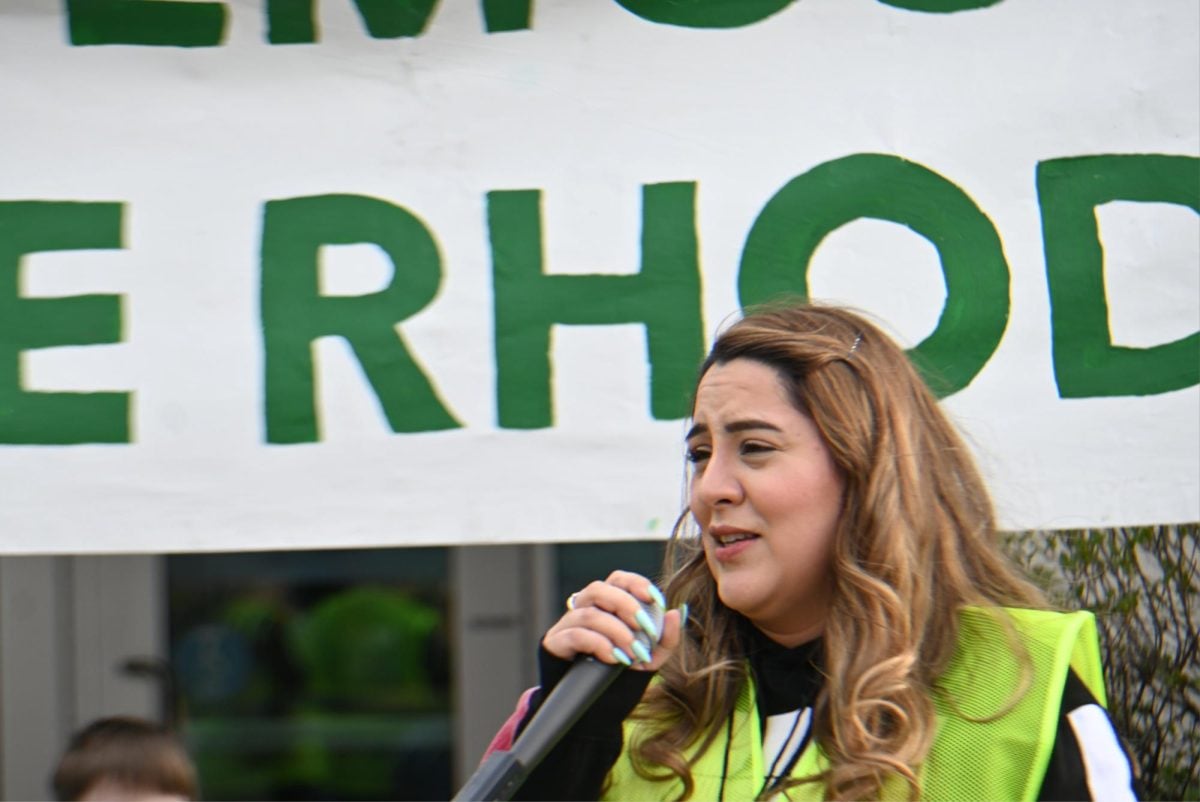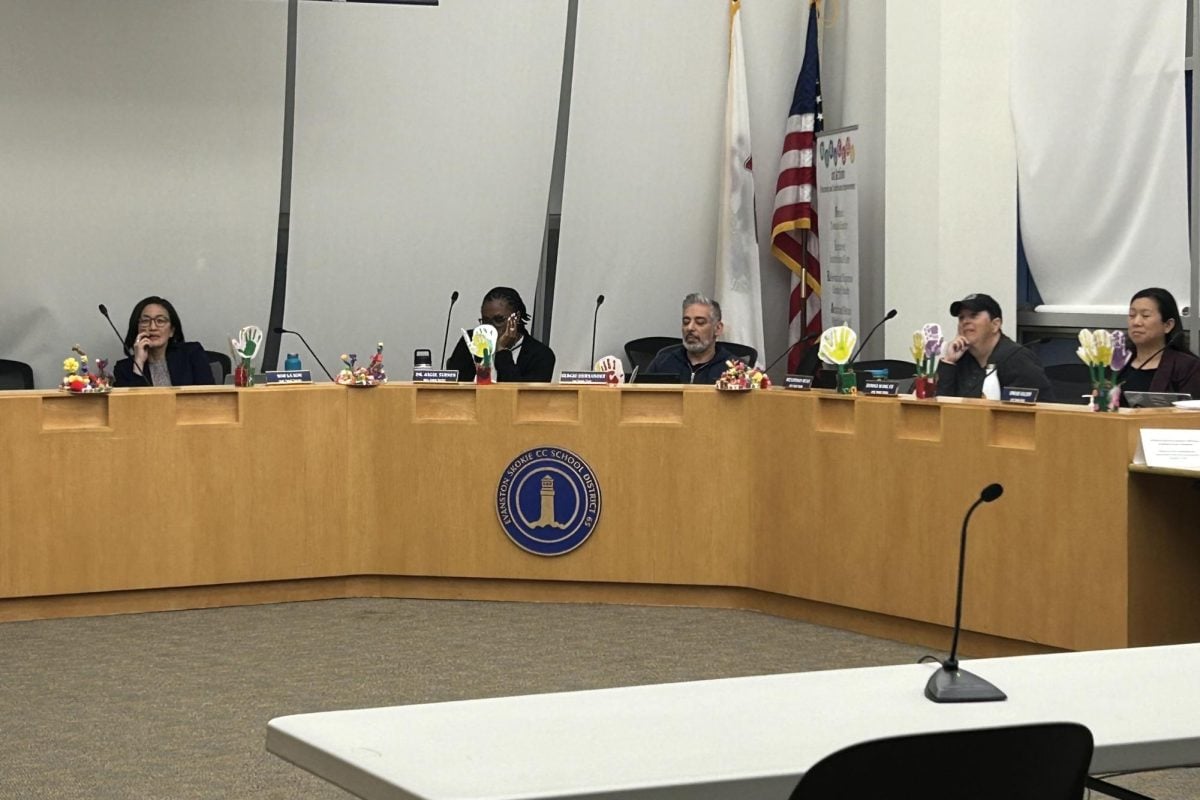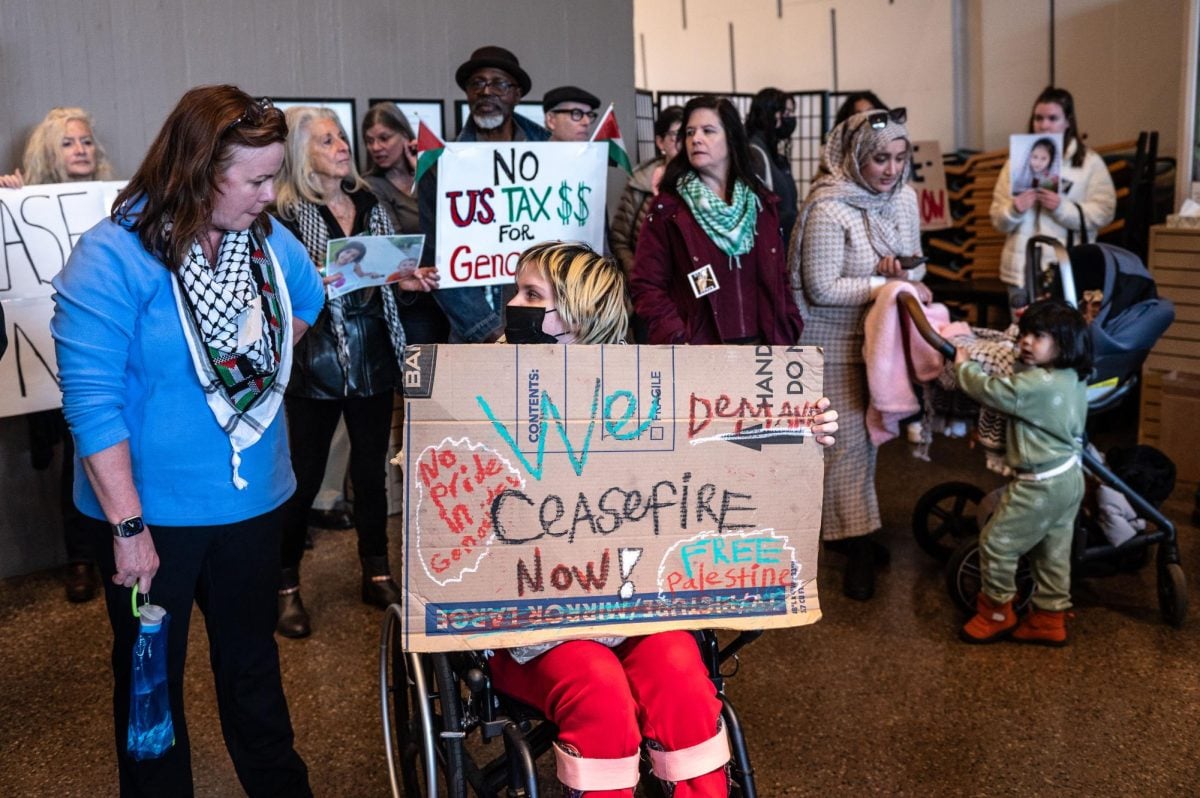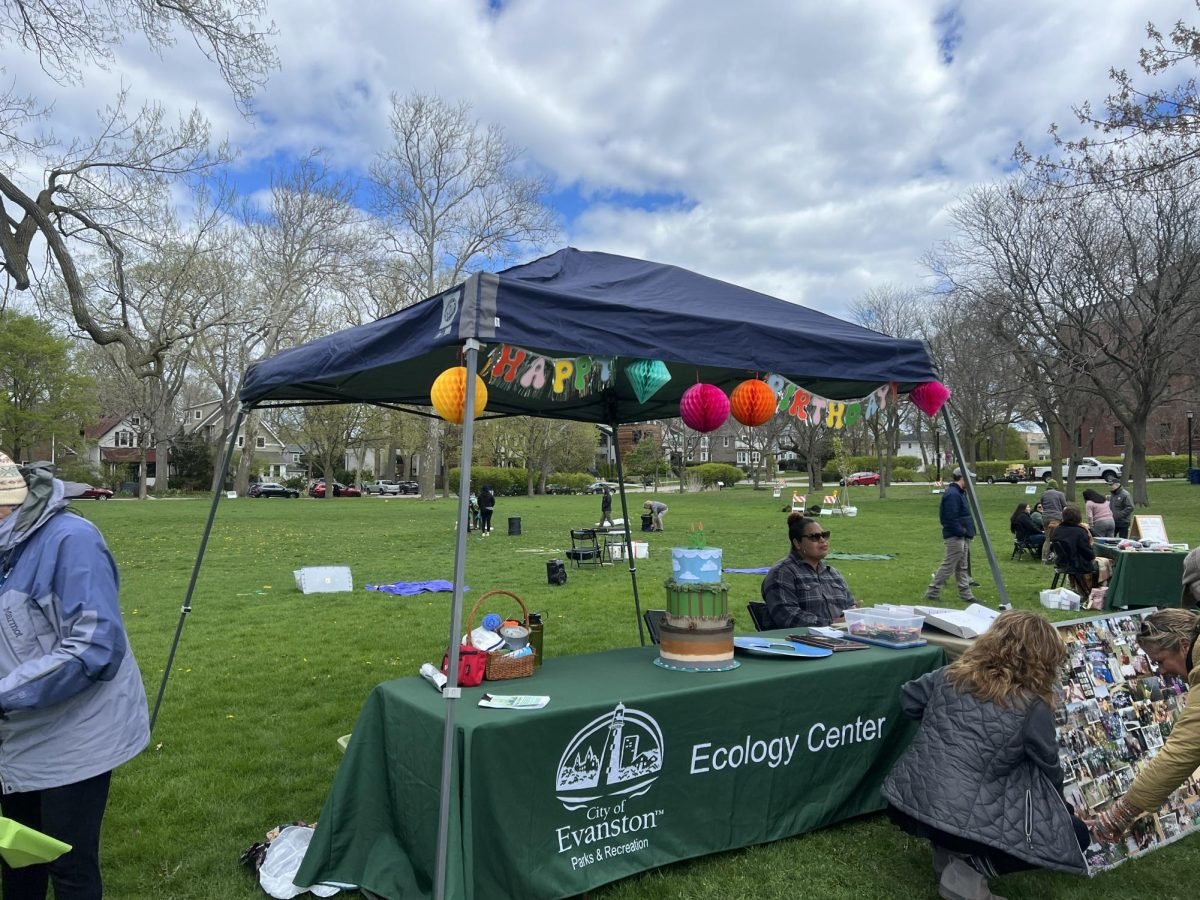Evanston residents will head to the polls Tuesday to elect new school board members for Evanston/Skokie School District 65 and District 202. As both districts confront budget cuts and proposals of a state-mandated school consolidation, Tuesday’s election will set the tone for the big changes in the districts for the next four years.
District 65, which governs the public elementary and middle schools in Evanston, has three open spots on its board. Two incumbents, District 65 board president Keith Terry and finance committee chair Katie Bailey, are up against three challengers - Evanston attorney J. B. Rees, math teacher Eileen Budde and Northwestern alumnus Richard Rykhus. In District 202, a district that includes only Evanston Township High School, board vice president Jane Colleton and board member Mark Metz, along with Skokie attorney Scott Rochelle and former District 65 board member Jonathan Baum, are all vying for three open spots on the District 202 board.
Candidates said they hope to achieve financial stability for Evanston schools, bridge the achievement gap within Evanston Township High School, continue collaboration between the two school districts and partner with community organizations to provide the best possible educational experience.
School board members have had to make tough decisions in the past regarding union contracts as well as spending on food, supplies and programs, making the budget issue particularly prominent in the election. Candidates said they are conscious of the fiscal situation and have recommended solutions ranging from rigorous evaluation of programs to district consolidation.
Terry and Bailey stressed the necessity of building a stable funding environment, which may include pressuring the state to give Evanston schools money.
“You can put all these great programs in place, but what pulls you back is funding,” Bailey said. “The problem is not just limited funding right now but unstable funding. Our goal is continual improvement with a stable funding environment.”
Candidates agree that teachers’ salaries may be frozen in upcoming years due to the budget crisis. Budde recommends following suit with other districts and putting more money into teachers’ benefits, while Rees suggests offering merit-based raises.
Bailey, Rykhus and Baum support subjecting various programs and initiatives to rigorous evaluation and making cuts based on efficacy.
“Some longtime programs which have been popular are sometimes so ingrained it’s difficult to make those choices,” Rykhus said. “We have to really analyze everything. The amount of analyzing that’s been done hasn’t been deep enough.”
Consolidation of District 65 and District 202 has also been a top issue in recent public forums. School boards often revisit the idea of combining districts in difficult economic times, as consolidation may lead to more efficient distribution of resources. Furthermore, in February Gov. Pat Quinn proposed a state-mandated consolidation of districts, given that Illinois currently has more than 800 school districts.
Though all candidates agree consolidation should be investigated and discussed sometime in the next year or so, some are more open to the idea than others. Budde, Baum and Rochelle have cited consolidation as a way to provide continuity of service through grades K-12.
“The objective should be providing every student a seamless educational experience,” Baum said.
Rykhus and Colleton are more concerned with the difficulty of bridging the teacher salary gap between the two districts.
“If we consolidate, there will be a salary discrepency between the two districts,” Colleton said. “We may be part of one union if consolidated. Teachers will probably want the same salary.”
Rochelle and Metz said they are skeptical as to whether consolidation would be beneficial to students as well as fiscally responsible. Terry said he is concerned the focus on bridging the achievement gap at ETHS may shift if consolidation occurs.
“No one knows how it will be beneficial to kids,” Terry said. “It’s all assumption. People need to focus on where the problem is: predominantly at the high school. At District 65, we do a pretty good job at making sure everyone is achieving.”
Bridging the achievement gap at ETHS has been a major issue in the election, with all candidates agreeing that the district should work to improve the issue but disagreeing on what the exact plans should be. Bailey, Budde and Rochelle suggest investing in early childhood education and evaluating equity issues early on as well as partnering with community organizations to increase college readiness. They stress reading to children and taking advantage of tutoring programs.
“We need to look at a lot of equity issues, how prepared kids are coming to school and setting high expectations for every child,” Bailey said.
Rees and Baum recommend closing the achievement gap structurally by keeping students in the classroom longer each day and spreading breaks more evenly throughout the year. Metz said more research is needed to find the optimum amount of time students should spend in school but acknowledged there is evidence to suggest a loss of learning occurs over long breaks.
“We should explore a lengthened school year,” Baum said. “It worked in other countries to produce a higher level of academic achievement.”
Candidates agree that community feedback is critical to school board operations. However, while some candidates list increasing board-constituent communication at the top of their agendas, others say it is not a pressing issue.
Terry said some criticism of the board for not reaching out to the community is unjustified and not true.
“People always bring up how we don’t listen to the community, like this board doesn’t do that,” he said. “There are town hall meetings, email systems set up, liaisons at the school board.”
Budde, Rees, Baum and Rochelle stressed the need to make the board more transparent in its decision-making process and ensure parents’ and educators’ opinions are discussed during meetings.
“When a school board is facing major policy decision, we need to see the board at work,” Baum said. “We need to see the board as (a)deliberative body. It undermines public confidence in the decision-making process if people can’t see that.”







